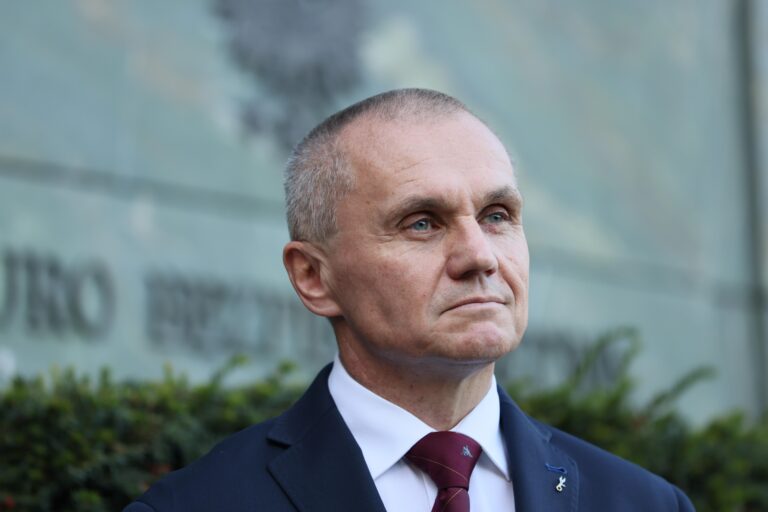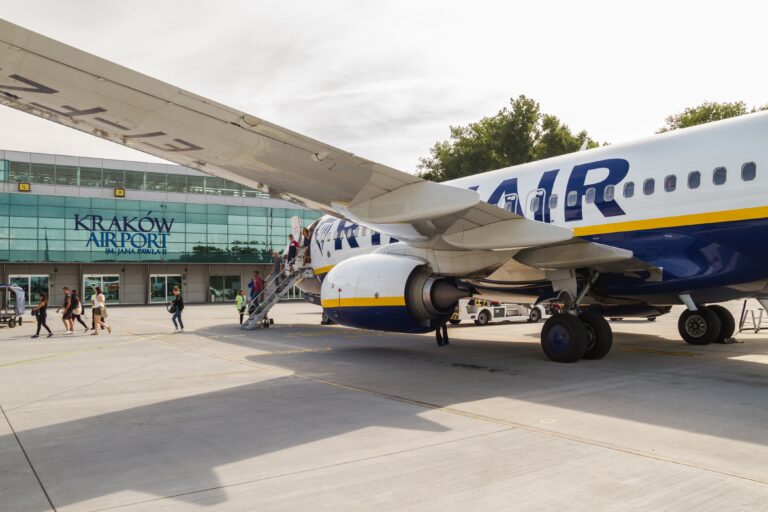Biznes Fakty
Energy poverty in Poland. The data is alarming

The issue of energy poverty impacts approximately 1.5 million households in Poland, as estimated by the Ministry of Climate. Strategies to mitigate this issue are set to be integrated into the Socio-Climate Plan, which the government aims to submit to Brussels by the end of June.
Energy poverty is defined as a situation where households lack the financial means to utilize enough energy for thermal comfort and operation of electrical devices. This condition often stems from general economic hardship.
Two criteria for energy poverty
According to the Ministry of Climate and Environment, the draft of the Socio-Climate Plan dated June 4, 2025, indicates that energy poverty affects 12% of the Polish population, which translates to around 1.5 million households, based on the Low Income High Costs (LIHC) index. A household is identified as energy poor if it meets both of the following criteria: low income and elevated hypothetical energy costs.
The Ministry of Climate and Environment has highlighted that Poland is set to be the primary beneficiary of the Social Climate Fund (SCF) at 17.6%, equating to more than EUR 11.4 billion allocated for the years 2026-2032. The SFK was established through a regulation of the European Parliament (SCF regulation) aimed at addressing energy poverty within the European Union. As per the regulation, EU Member States are required to submit their socio-climate plans to the European Commission by June 30, 2025.
The Ministry of Climate and Environment has pointed out that drafting a Socio-Climate Plan with an outline of activities to be funded by the SCF is essential for securing support from its resources. It was added that „extensive efforts” are currently being made to complete the document.
„In Poland, this initiative is overseen by the Ministry of Funds and Regional Policy (MFiPR)” – stated the Ministry of Climate, emphasizing that the timing for submitting the Social and Climate Plan to the European Commission is determined by the MFiPR.
Consultations on the Socio-Climate Plan
On June 6 of this year, MFiPR initiated public consultations regarding the Plan; they are expected to continue until June 30 of this year.
In response to a query from PAP regarding the timeline for presenting the plan to the EC, the Ministry of Funds indicated that subsequent actions would be dictated by the outcome of the consultations. „Once the comments received are evaluated, a revised version of the draft Plan will be created, which will then proceed in accordance with the Council of Ministers’ regulations,” it was added.
As reported by the Ministry of Funds, the budget for the Plan spanning 2026-2032 is set at PLN 65 billion. „This sum comprises the EU contribution alongside a required national contribution of 25% of the allocated funds. To access these resources, a Social and Climate Plan must be presented to the EC beforehand,” stated Jan Szyszko, Deputy Minister of Funds, on June 6 of this year.
Shielding component, building modernization
The Ministry suggests dedicating 37.5% of the subsidy funds to direct assistance for individuals at risk of poverty – referred to as the protective component.
According to MFiPR, investments aimed at enhancing the energy efficiency of buildings and improving access to public transportation will be crucial for the Plan’s execution. The ministry indicated that support will be available in the form of grants, subsidies, loans, and vouchers for heating and energy expenses.
The Ministry of Climate and Environment has also expressed intentions to utilize the SFK to fund the implementation of the Clean Air Priority Programme, with a projected allocation of PLN 10 billion, and the Pilot Programme – Energy Communities, which has a planned allocation of PLN 300 million.
„The Ministry of Culture and Environment, along with the National Fund for Environmental Protection and Water Management, will participate in executing the investments planned by the Ministry of Culture and Environment under the SFK, specifically the Clean Air Priority Programme and the Pilot Programme – Energy Communities,” the ministry clarified.
Energy poverty varies regionally
The Ministry of Climate noted that energy poverty in Poland is characterized by significant regional and spatial diversity. „According to the High Costs of Low Income (HLCI) index, energy poverty levels fluctuate from 7.6% in the Silesian Voivodeship to 21.3% in the Opole Voivodeship,” it stated. It further mentioned that in northern and eastern Poland, the primary risks are associated with low income and higher unemployment rates compared to other regions, whereas in the southern and southwestern areas, there is a prevalence of older buildings with poor energy efficiency, many of which rely on individual heating sources.



